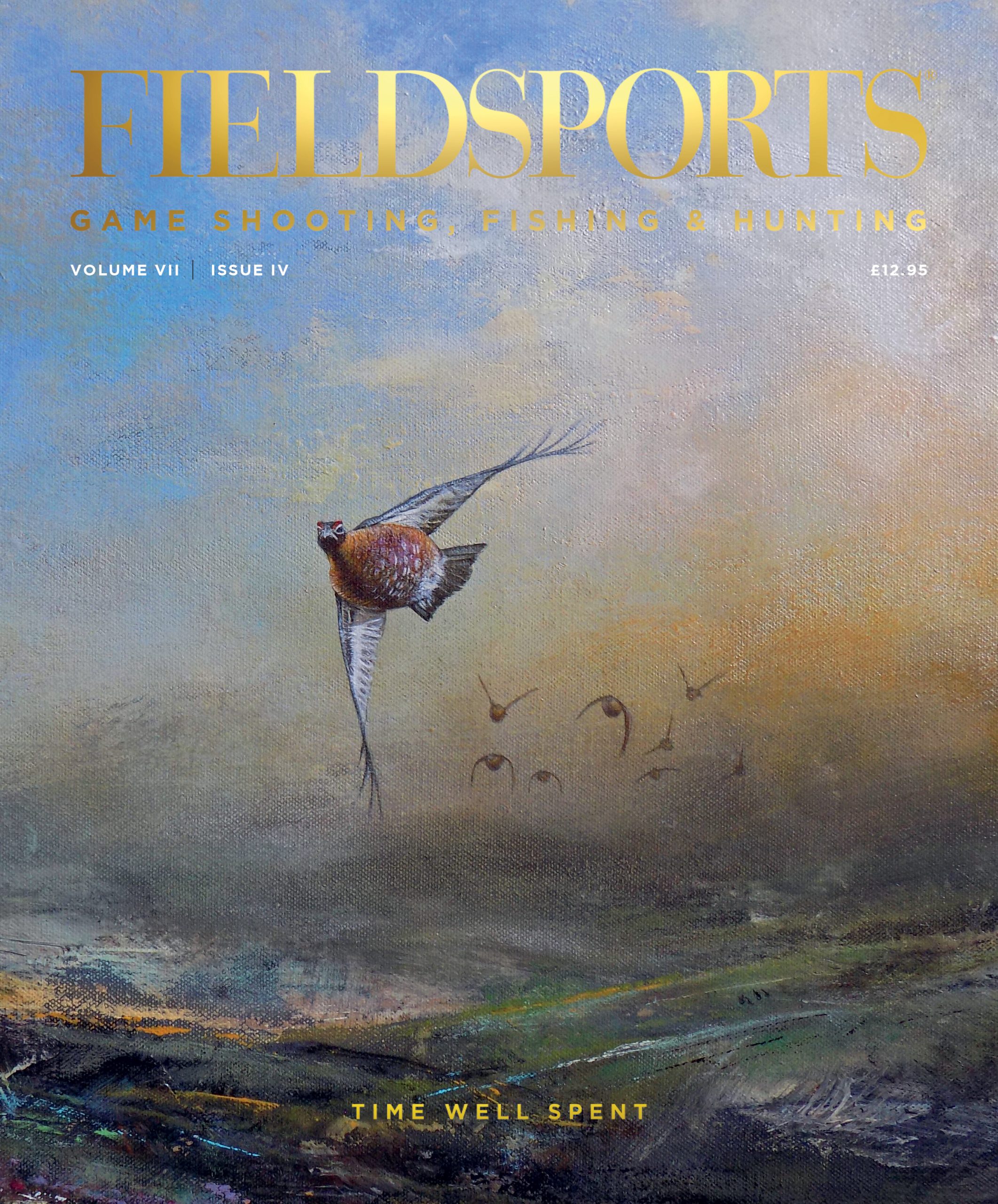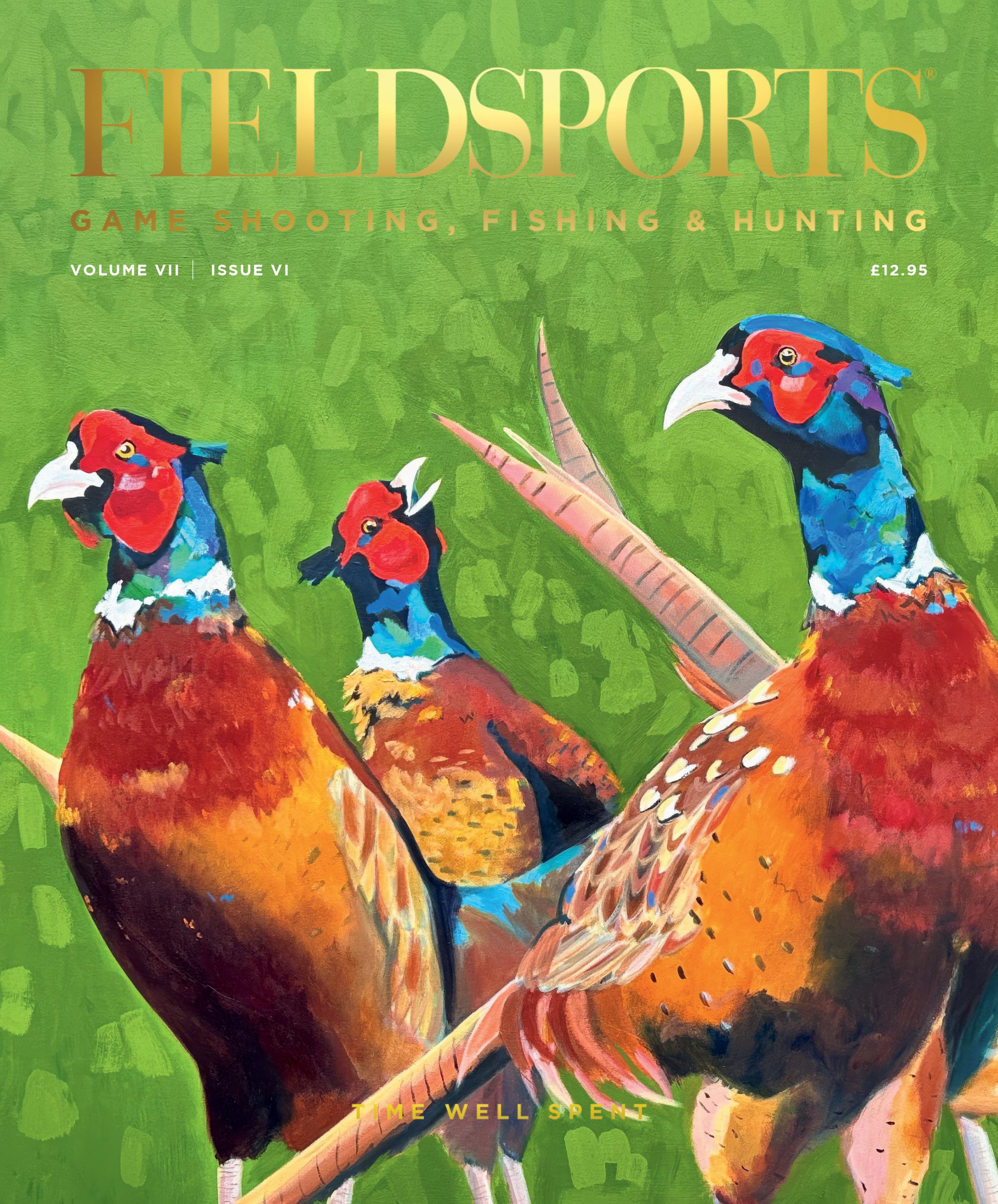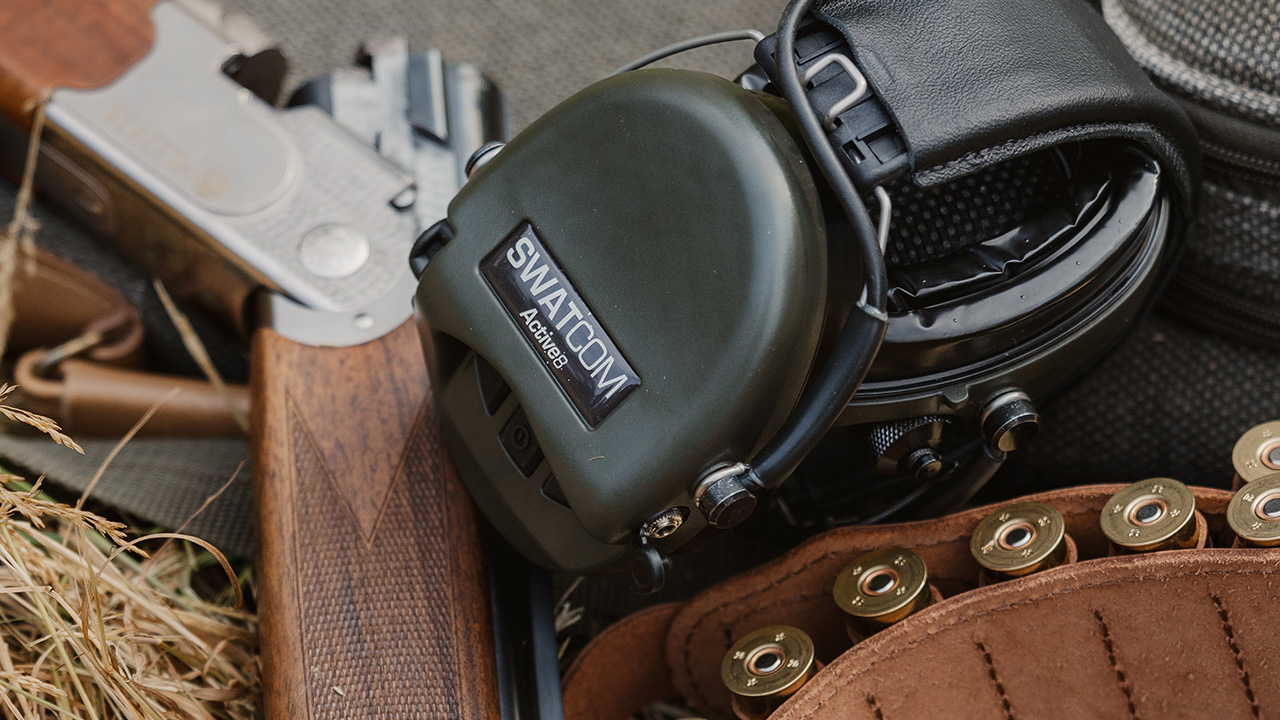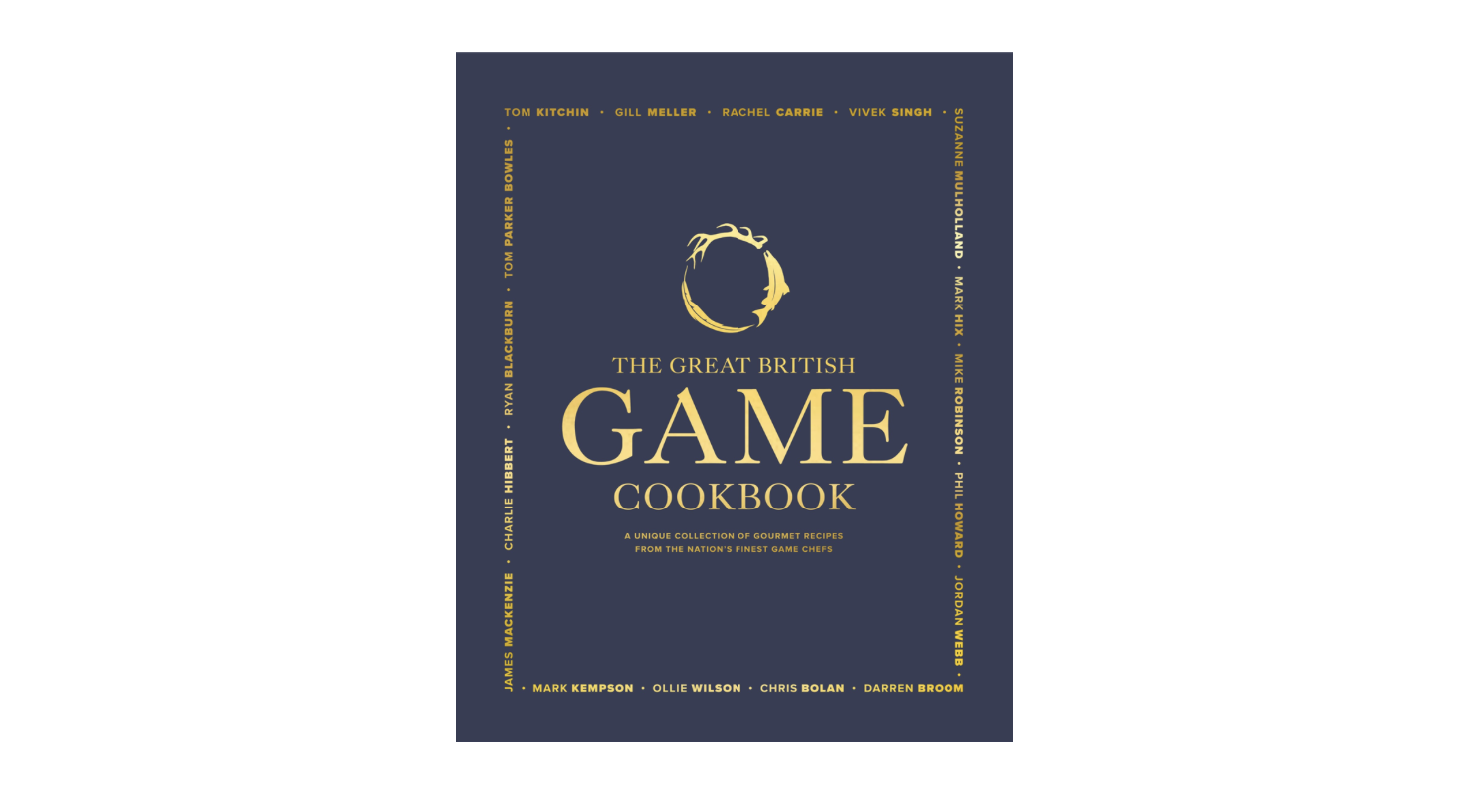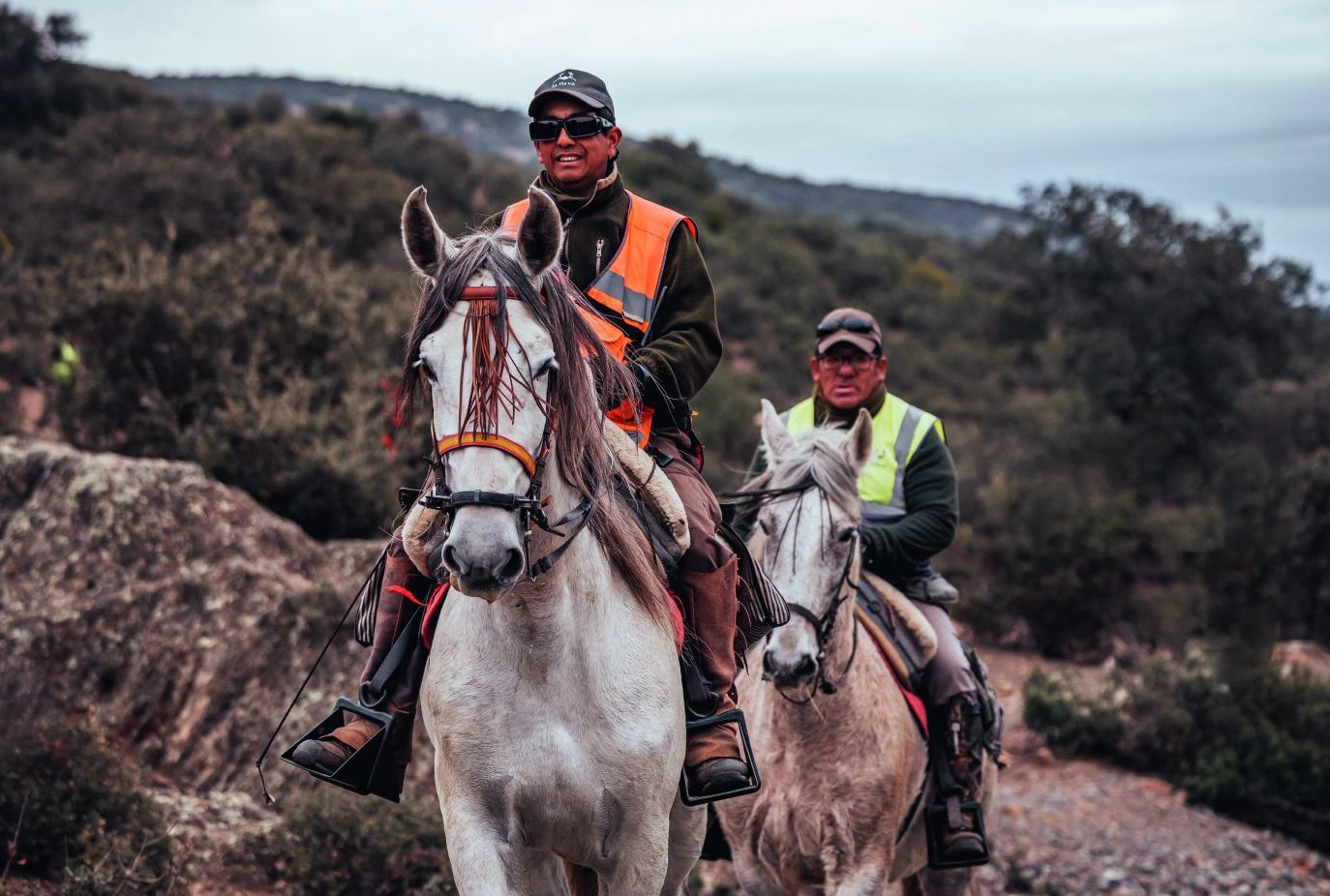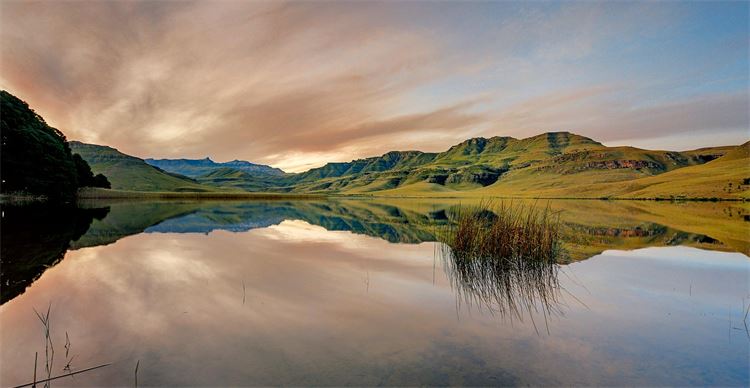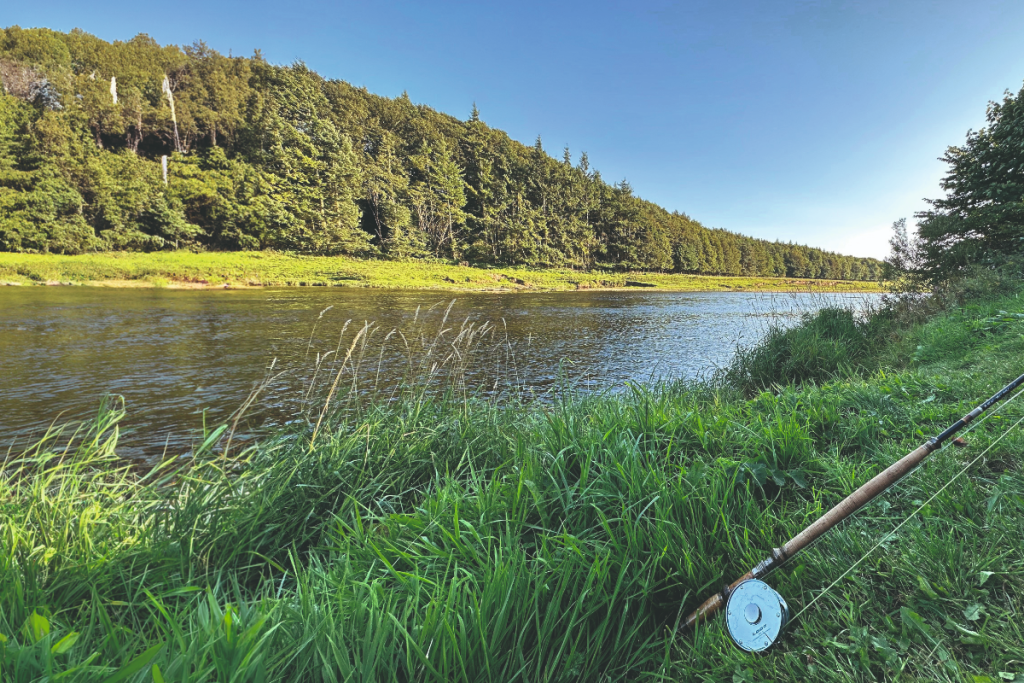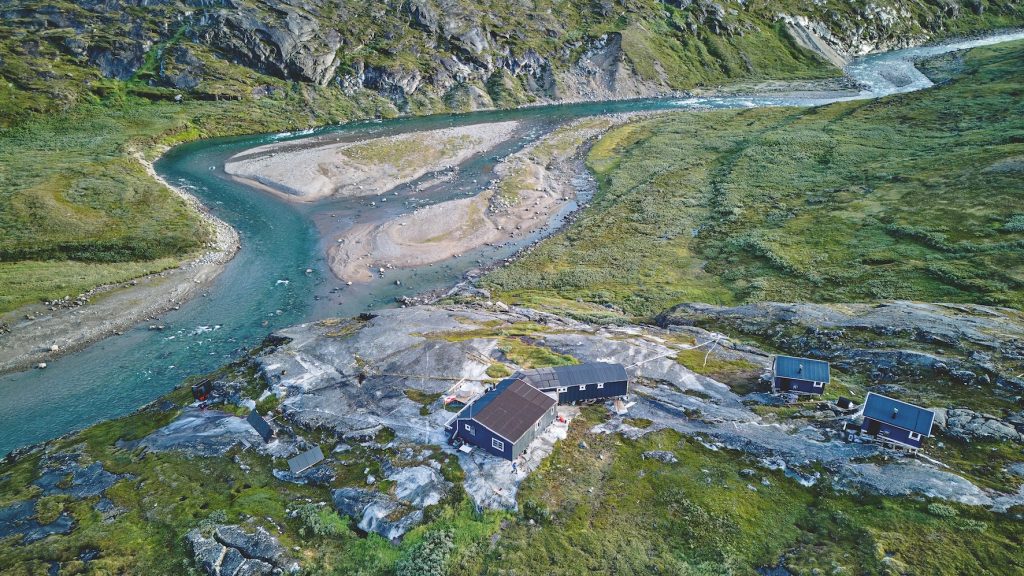Cold, spotted & beautiful
There is surely no other fish on the planet that pulls upon the heartstrings and seduces the imagination like the trout.
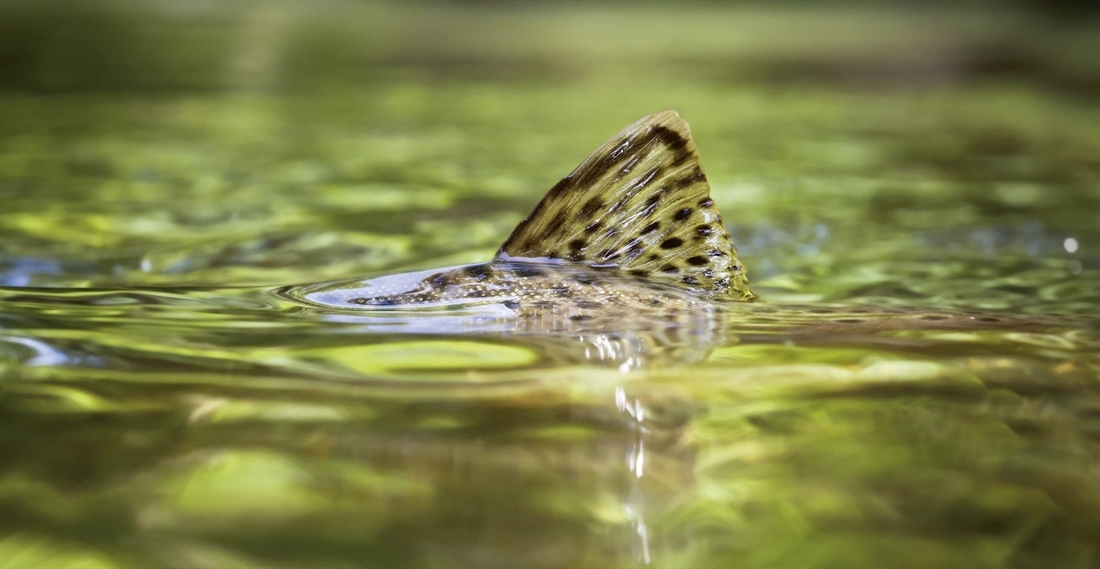
My father was very sure about certain matters pertaining to the universe. To him, all good things – trout as well as eternal salvation – come by grace, and grace by art, and art does not come easy.
Norman Maclean, A River Runs Through It
If fly fishing is art, then surely no medium has more delicate brush strokes, more subtle nuances and a greater mastery of light than trout fishing. And it is surely the trout that takes pride of place above the mantelpiece in the great gallery of piscatorial pursuits? Indeed, art does not come easy, and when art is transcribed from canvas and into words, they don’t seem to come easy, either. Details get lost, edges become blurred and light is diluted as we strive to convey beauty, significance and poignancy.
The smell of freshly brewed tea and invisible tendrils of woodsmoke snaked through the frozen air of the old farmhouse. The bustling kitchen had not yet stirred and apart from the crackle and whisper of the sitting room fire, the house lay asleep. Ernest’s battle-scarred old rooster crowed in the darkness from somewhere near the stables as I sleepily shuffled my way along the icy stone corridor and into the heavy gloom of the sitting room. Flickering firelight danced across frost-fringed window panes, the new dawn not yet visible in the eastern sky.
“Tea? There’s a fresh brew in the pot.” Mr Blackman didn’t look up from his fly tying vise, and Mum was still fast asleep, o I shovelled in three heaped sugars, clumsily scattering sticky white granules upon a feather and ash strewn table. I took up a pew at Mr Blackman’s side and sat bug-eyed in a sleep and pipe-smoke infused torpor as the great man whip-finished a scruffy looking beetle imitation whilst sucking noisily on the pipe that seemed to be permanently clenched between his teeth. Ernest’s rooster crowed again in the distance, affirmation that it would soon be time to make our way out into the cold.
The rose-pink and charcoal-grey hues of a South African dawn lay slicked like oil across the glassy surface of the lake, the bow of my canoe cutting a ragged tear into a tranquil canvas of soft pastels daubed by Mother Nature with her deftness of touch. Dabchicks, moorhens and coots paddled tentatively along reedy margins, their melancholy calls muffled by a thin blanket of mist that suffused an ethereal light upon a world not yet fully awakened. The surface dimpled where a flecked fin showed, and with the rest of the world, or so it seemed, I held my breath.
If a moment like this could be captured and frozen in time like a painting, then I might be free to paddle my canoe through it without feeling its magic fade with every passing minute. For a moment as exquisite as this is far too brief and passes without cognisance that time marches on relentlessly. The sun will soon rise, and I will no longer be intimate and alone with this raw and retiring world, the shy details of which seem to melt with the sun’s rays or evaporate like dew.
These were the fledgling days of my long and happy love affair with trout, and looking back now, it is no wonder I was so beguiled by this, the most enigmatic of all fishes. Cold, hard and beautiful, shrouded in romance and mystery, followed by devotees of fly fishing royalty and synonymous with places that take your breath away with their splendour, there is surely no other fish on the planet that pulls upon the heartstrings and seduces the imagination like the trout. I was captivated back then, and that was only the very beginning.
That I was set free into this world of fly fishing with a backdrop as beautiful as the one that South Africa provided, was like pouring fuel onto an already volatile flame of enthusiasm for a fish steeped in angling folklore and immortalised by writers like Walton, Kite and Haig-Brown. Yes, those trout may have been a long way from Guildford in Surrey, but they had retained every bit of their charismatic essence as a wild brownie fresh from the very riffles of Sawyer’s Avon. From New Zealand to Argentina, Bhutan to Kenya, trout have cast a beguiling spell on fly fishers for time immemorial; we will travel to the furthest corners of the globe for our next encounter. It is a love affair that never wanes.
Yuri and I grew up in the shadows of the Southern Drakensberg in KwaZulu Natal, South Africa, and we fished the surrounding lakes and streams as if they were our own. During casting clinics and fly tying lessons at school, our mentor – the author and world-class photographer Wolf Avni – recognised the look of madness in our eyes as a passion he knew well. Ours had germinated from a seed planted a few years earlier by our father, and had already grown deep roots. Wolf took us under his wing and allowed us access to Giant’s Cup, a stillwater that is almost certainly the most spectacular under African sun.
Over time we learnt to appreciate the finer nuances and subtleties of the trout’s fascinating aquatic life, and we soon discovered that fly fishing, if it is done well, will allow you to slip seamlessly in and out of the trout’s private world without leaving much more of a trace than a few footprints on the muddy shore. Set against a backdrop of unprecedented beauty and at a pace that only exists in places untainted by tarmac and concrete, we were free to make our own discoveries and learn our own lessons about life and the world in which we live. Fly rod in hand, we bumbled along and discovered beauty in places that we wouldn’t otherwise have known existed. We unearthed the harshness of Mother Nature’s ongoing sagas of struggle and survival beneath a serene and harmonious surface, and we began putting together the first pieces of life’s big puzzles. In hindsight, trout taught us a lot more about life than we realised at the time.
Many will no doubt insist that if our passion for fly fishing had been carved around the pursuit of another species, then the trout’s place on our pedestal of piscatorial prominence would be held by some other form of Piscean life. I’m not so sure.
About 18 years ago, whilst at university in Scotland, I discovered Atlantic salmon. My parents ran a country house hotel on Speyside which prided itself as choice lodgings for serious salmon anglers, with some of Scotland’s finest fishing on its very doorstep. I threw myself at it wholeheartedly, fished at every given opportunity and when the rivers were unfishable after a spate, McGuane, Gierach and Traver were brushed aside for Falkus, Scrope and Scott. Klinkhammers and Pheasant Tail Nymphs made way for Stoat’s Tails and Templedogs on the fly tying vise.
I became first and foremost a salmon fisher, with everything else either falling by the wayside or caught up in my slipstream in order to make room for my newfound obsession. I fished the Avon, the Dee, the Deveron and the Don, the Earn, the Isla, the Spey and the Tay and my appetite was not yet satiated. Trips to Russia’s Kola Peninsula followed suit, and the double-handed cork grips of my salmon rods became worn and stained with regular use whilst my trout rods continued to gather dust in the boot room at home. My beloved trout had very much been relegated from the top of the league and superseded by their more glamorous cousins. Or so it seemed…
It was early spring, and I had been invited to fish for salmon on the River Deveron in the northeast of Scotland. For the uninitiated, the Deveron is a river with a place firmly etched in the annals of history as a consistent producer of very large salmon – a trophy river if ever there was one. With fresh runs of fish in the river, it would be fair to presume that the occasional rising trout or hatch of March browns may very well have gone unnoticed. On the contrary, when the realisation hit me that for so long I had remained ignorant to the subtle rhythm and daily processes of the rivers in which I single-mindedly chased bigger and better things, my double-handed rod suddenly felt heavy, cumbersome and out of place. The aggressive rip of line peeling from the water’s surface made speycasting feel like I was shouting in a hushed library, where even whispers might echo. The aching urge to pick up my 5wt and roll cast a dry fly to one of these feeding trout was almost unbearable, and as if the trout I had neglected for so long were trying to punish me, they began rising with gay abandon. I realised there and then, that I had been a fool.
I wasn’t in the least bit surprised that Yuri’s bedroom light was on – we were going fishing for goodness sake, and he had almost certainly been awake for hours. “Hey Boerie… You awake?” I asked, trying to maintain an air of casual nonchalance so as to hide my excitement from the older brother. Yuri didn’t answer – he simply emerged from his bedroom fully kitted and dressed, ready for our early morning soirée, and he wore an air of casual nonchalance below his fishing hat, I presume in order to hide his excitement from his little brother.
After gulping down a quick cup of coffee, we stepped out into the inky darkness of that hour just before first light, both in agreement that it was getting late. It had been over 20 years since our inaugural trout fishing trips together, and here we were, paddling back out into another early South African dawn, both secretly every bit as excited as we had been 20-odd years before.
“I wish Mr Blackman was here,” whispered Yuri. “Yeah, me too,” I replied whilst tying on a scruffy looking beetle pattern. “I wonder if the fishing’s still as good as it was in his day,” I pondered aloud. “I very much doubt it. It was incredible back then,” replied Yuri with an unmistakable hint of nostalgia in his voice.
Oh, let me tell you, it was every bit as good as we remembered, perhaps even a little better. The trout were nothing short of spectacular, and we were both left speechless, first by the power in their runs, and then by their utter perfection as we cradled them at the side of the boat before bidding them a fond farewell. Don’t get me wrong, they were selective, as selective as perhaps only a trout can be. They turned their noses up at anything and everything that wasn’t a chironomid pupa cast into the wind and then dead-drifted, drag-free on an 18ft leader and floating line. But once we’d cracked the code, they willingly devoured our offerings and bent our 5wt rods to the cork, cast after cast. Yuri was newly back from working on some of the Kola Peninsula’s finest salmon rivers, and I had recently returned home after a couple of years spent chasing trout in New Zealand. Neither of us would have chosen to be anywhere else in the world but right there at the foothills of Hodgson’s Peaks in the Southern Drakensberg and fishing for our favourite of all fishes.
As the sun betrayed its presence with ripples of vivid crimson splashed upon the slate underside of an overcast sky, we knew that life at that very moment was, simply, as good as it could possibly be.
“… all good things – trout as well as eternal salvation – come by grace, and grace by art, and art does not come easy.” Art doesn’t come easy, but even with the precarious and tentative hold that one has on such a moment, we knew that it was art, and that we were in it.
Related Articles
Get the latest news delivered direct to your door
Subscribe to Fieldsports Journal
Elevate your experience in the field with a subscription to Fieldsports Journal, the premium publication for passionate country sports enthusiasts. This bi-monthly journal delivers unparalleled coverage of game shooting, fishing and big game across the UK and beyond.
Each issue offers a stunning collection of in-depth features, expert opinions and world-class photography, all presented in a timeless yet contemporary design.
Save 10% on shop price when you subscribe, with a choice of packages that work for you. Choose from Print & Digital or Digital only with each journal delivered directly to your door or via the app every other month, plus access to past issues with the digital back issue library.
